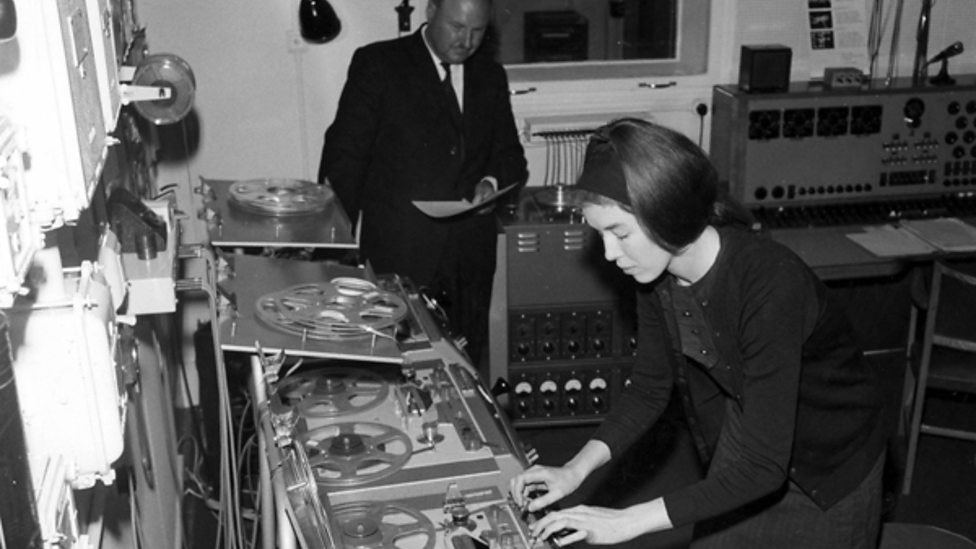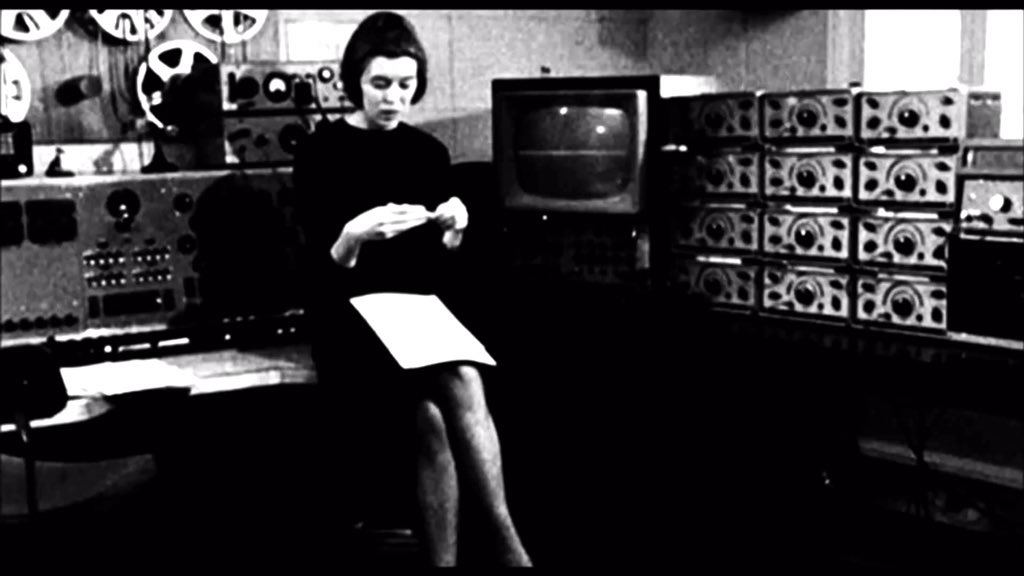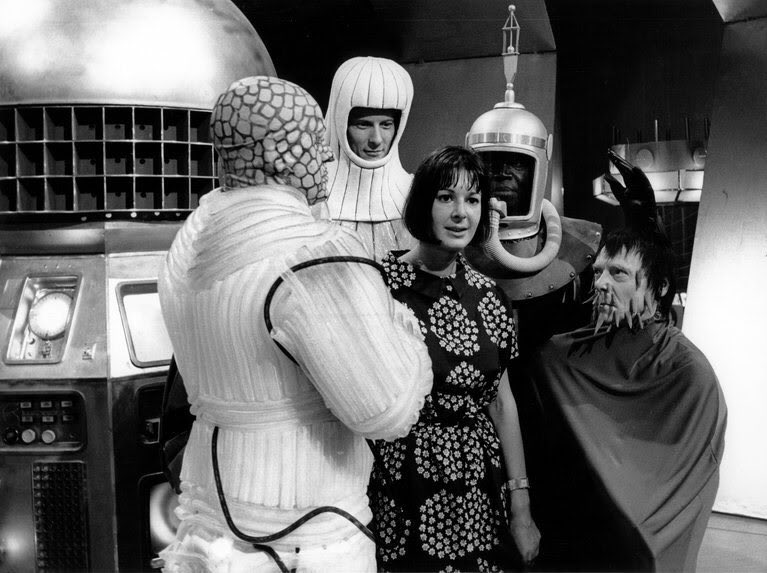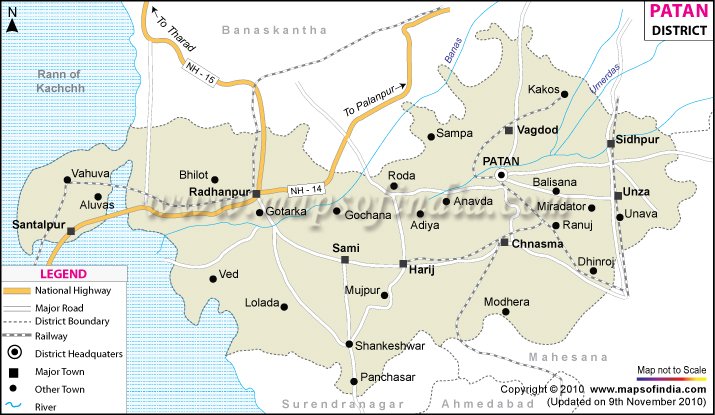LESSER KNOWN DETAILS ABOUT THE BATTLE OF PRATAPGAD - THIS YOU ALL SHOULD READ
In the 1659 Adilshah sent Afzalkhan with the army of 75000 soldiers to destroy Chhatrapati Shivaji Maharaj with his empire. He was the main soldier, warrior and minister in Adilshahi Sultanate.
He was the Subhedar of Wai province.
He was very powerful physically. His height was 7.3 ft. due to same he was very popular as a strong man from Adilshahi Sultanate.
Whole India was not daring to fight with Adilshahi due to Afzal Khan.
Badi Begum Sahiba sent him to kill Chhatrapati Shivaji on any cost.
Voluntary he decided to destroy Chhatrapati Shivaji’s empire with him. He started his operation against Chhatrapati Shivaji from "wai". He destroyed many temples like as Tulja Bhavani Temple.
He destroyed so many villages, killed villagers to torture Chhatrapati Shivaji.
DETAILED VIEW- Running commentary
1. Chhatrapati Shivaji chose Pantaji as a lawyer to communicate with Afzal Khan. Pantaji was very sharp minded, who did his job very nicely.
2. He presented Chhatrapati Shivaji is fearing Afzal Khan and he wanted to invite him in his kingdom near Pratapgad.
3. Pantaji succeed in the communication with Afzal Khan and he brought him as per the planning of Chhatrapati Shivaji.































